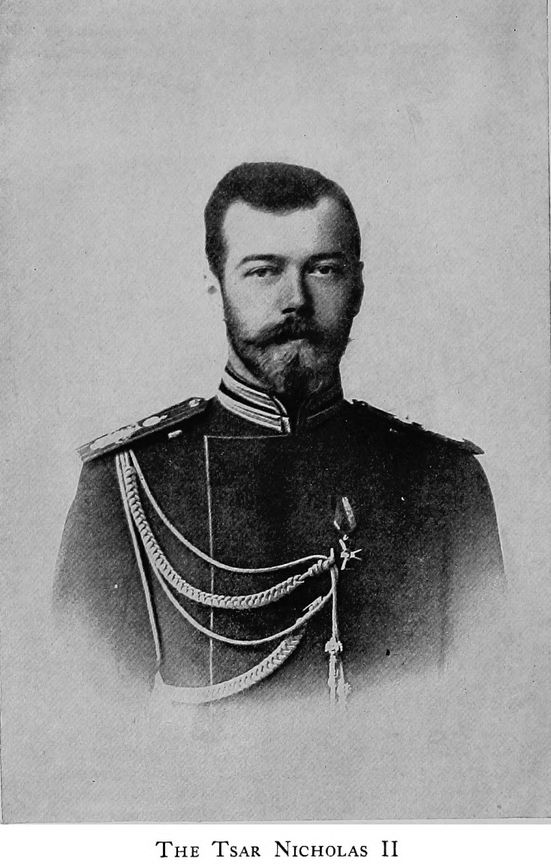
THE ROMANCE
of the
ROMANOFFS
BYJOSEPH McCABE
ILLUSTRATED
NEW YORK
DODD, MEAD AND COMPANY
1917
Copyright, 1917,
By DODD, MEAD AND COMPANY. Inc.
PREFACE
The history of Russia has attracted many writers and inspired manyvolumes during the last twenty years, yet its most romantic and mostinteresting feature has not been fully appreciated.
Thirteen years ago, when the long struggle of the Russian democratsculminated in a bloody revolution, I had occasion to translate intoEnglish an essay written by a learned professor who belonged to what wascalled “the Russophile School.” It was a silken apology for murder. TheRussian soul, the writer said, was oriental, not western. The true lineof separation of east and west was, not the great ridge of mountainswhich raised its inert barrier from the Caspian Sea to the frozen ocean,but the western limit of the land of the Slavs. In their character theSlavs were an eastern race, fitted only for autocratic rule, indifferentto those ideas of democracy and progress which stirred to its muddydepths the life of western Europe. They loved the “Little Father.” Theyclung, with all the fervour of their mild and peaceful souls, to theirold-world Church. They had the placid wisdom of the east, the healththat came of living close to mother-earth, the tranquillity ofignorance. Was not the Tsar justified in protecting his people from thefeverish illusions which agitated western Europe and America?
Thus, in very graceful and impressive language, wrote the “sound”professors, the clients of the aristocracy, the more learned of thesilk-draped priests. The Russia which they interpreted to us, the Russiaof the boundless horizon, could not read their works. It was almostwholly illiterate. It could not belie them. Indeed, if one could haveinterrogated some earth-bound peasant among those hundred and twentymillions, he would have heard with dull astonishment that he had anyphilosophy of life. His cattle lived by instinct: his path was traced bythe priest and the official.
But the American onlooker found one fatal defect in the Russophiletheory. These agents of the autocracy contended that the soul of Russiarejected western ideas; yet they were spending millions of roubles everyyear, they were destroying hundreds of fine-minded men and women everyyear, they were packing the large jails of Russia until they reeked withtyphus and other deadly maladies, in an effort to keep those ideas awayfrom the Russian soul. While Russophile professors were penning theirplausible theories of the Russian character, the autocracy which theydefended was being shaken by as brave and grim a revolution asany that has upset thrones in modern Europe. Moscow, the shrine of thissupposed beautiful docility, was red with the blood of its children. Inthe jails and police-cells of Russia about 200,000 men and women, boysand girls, quivered under the lash or sank upon fever-beds, and almostas many more dragged out a living death in the melancholy wastes ofSiberia. They wanted democracy and progress; and their introduction ofthose ideas to the peasantry had awakened so ready and fervent aresponse that it had been necessary to seal their lips with blood.
We looked back along the history of Russia, and we found that thestruggle was nearly a century old. The ghastly route to Siberia had beenopened eighty years before. Russia had felt the revolutionary wave whichswept over Europe during the thirties of the